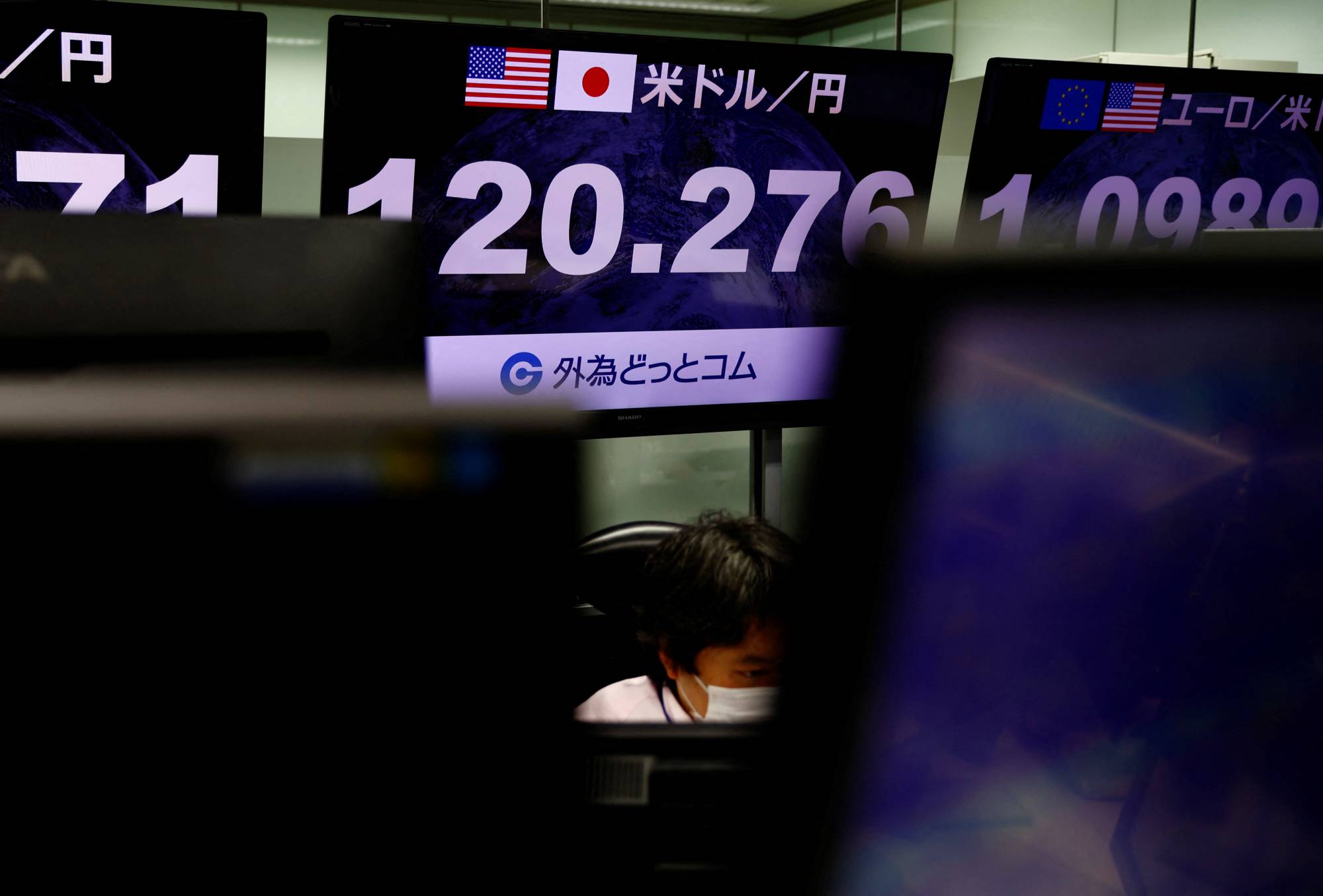The yen slipped to a six-year low on Monday, after the Bank of Japan stepped into the market to stop government bond yields from rising above its key target, while bitcoin jumped to nearly its highest this year.
The BOJ on Monday morning offered to buy unlimited amounts of 10-year Japanese government bonds (JGBs) at 0.25%, after the 10-year JGB yield crept up to a six-year high of 0.245%.
The dollar topped ¥125 in afternoon trade, its strongest since August 2015. It has climbed nearly 6% on the yen in the last 12 sessions.


















With your current subscription plan you can comment on stories. However, before writing your first comment, please create a display name in the Profile section of your subscriber account page.